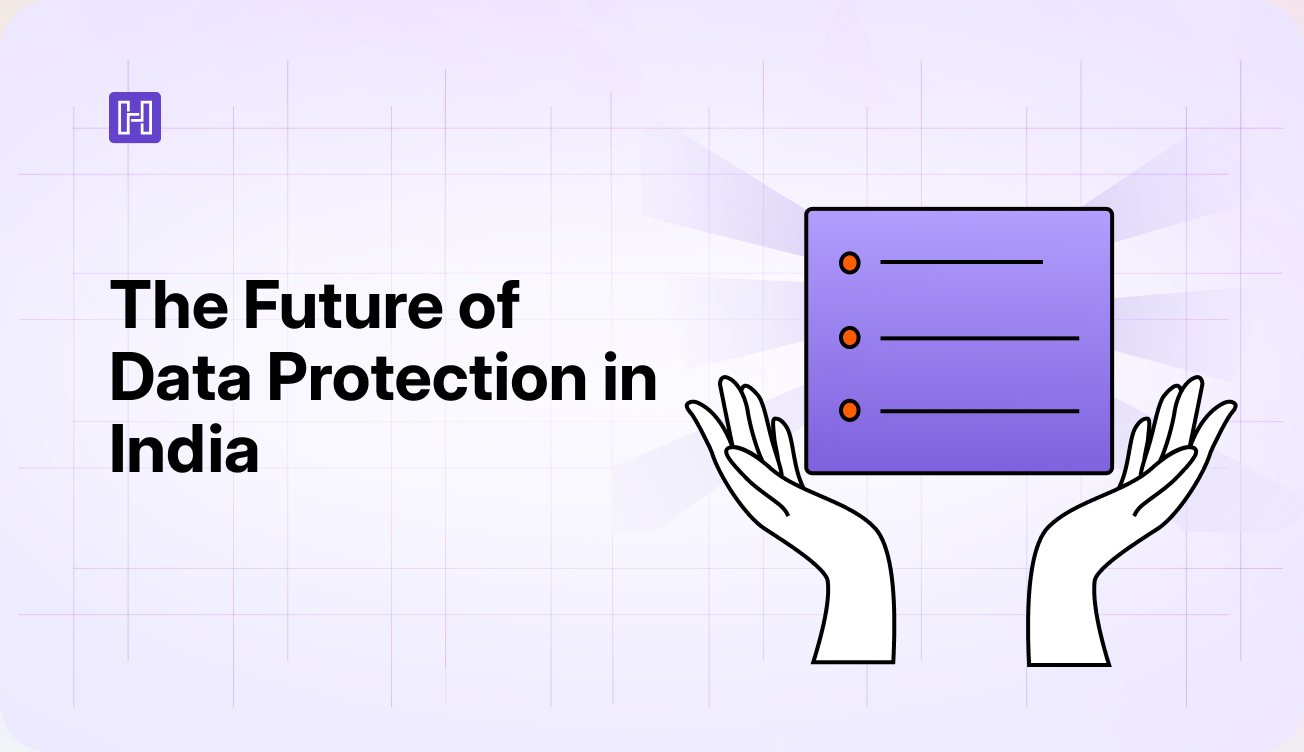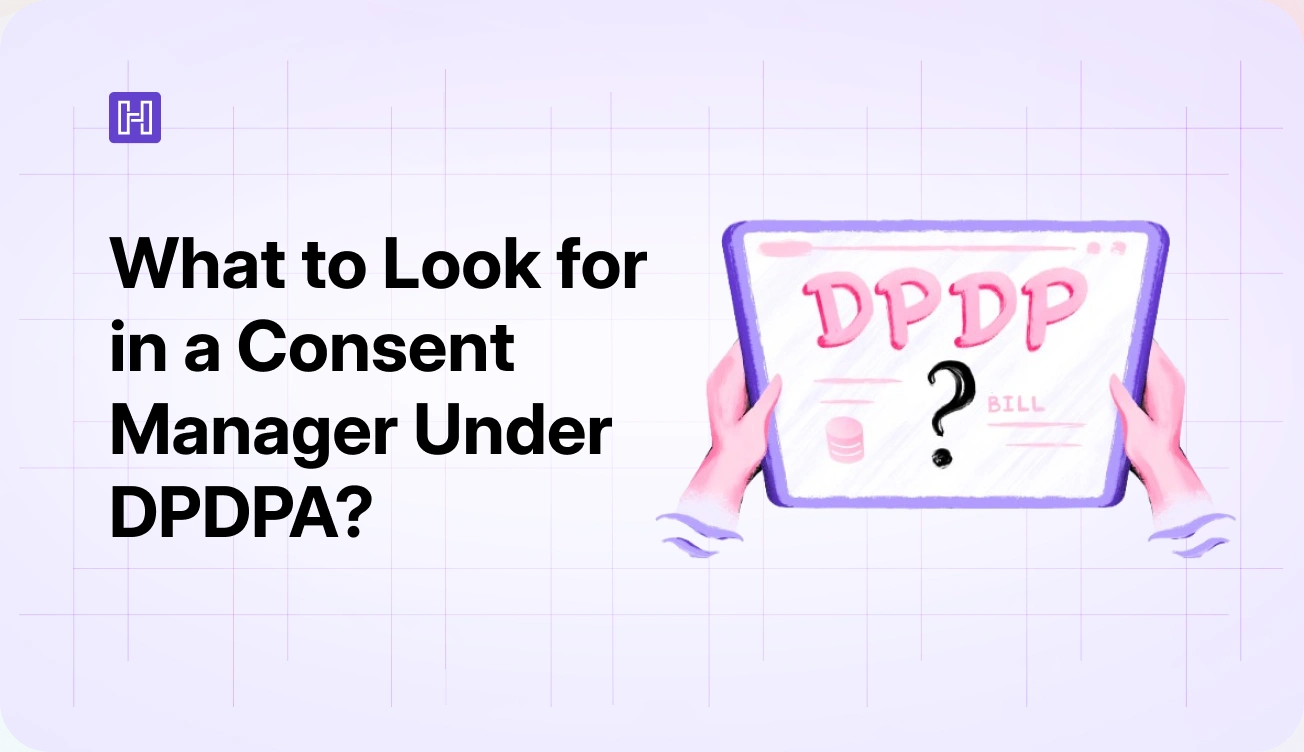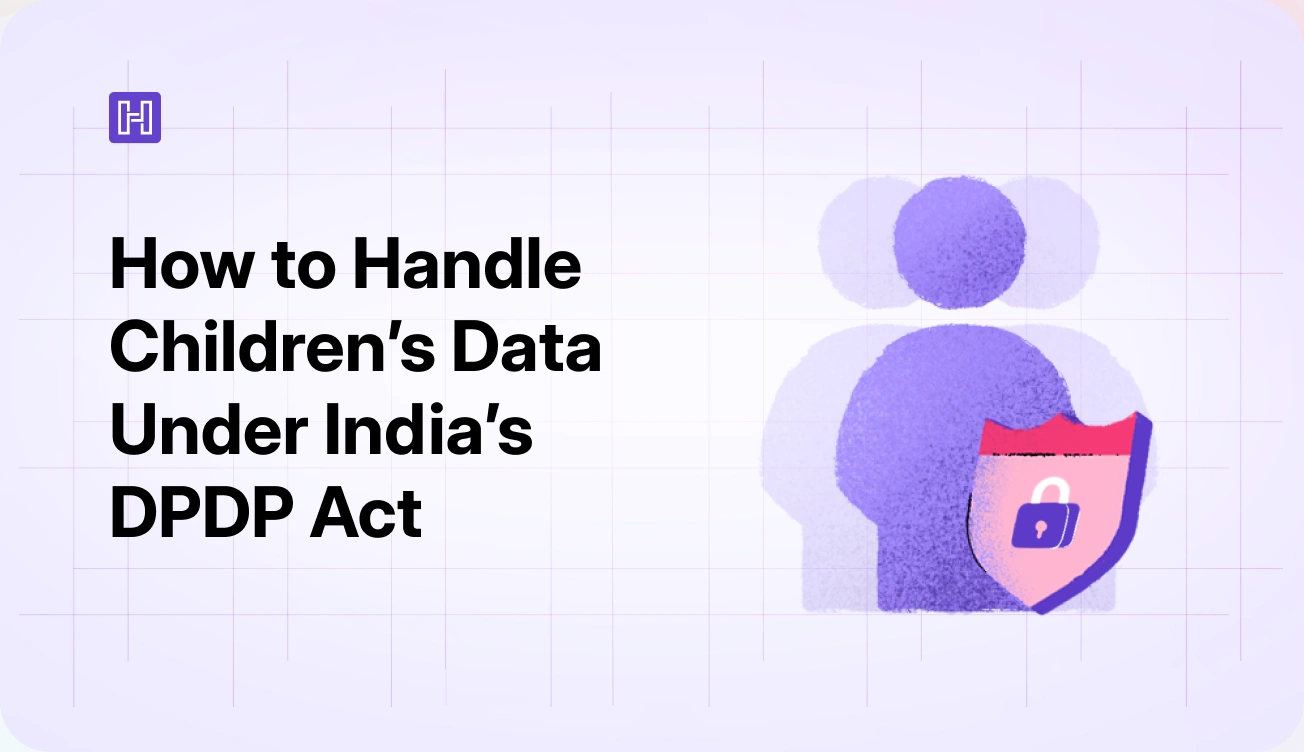The introduction of the Digital Personal Data Protection (DPDP) Act in India marks a significant milestone in the country’s journey toward safeguarding personal data. This legislation not only aligns India with global data protection standards but also empowers individuals with greater control over their personal information. As businesses and consumers adapt to this new regulatory landscape, the DPDP Act is poised to reshape how data is collected, processed, and protected in India.
Understanding the impact of the DPDP act
The DPDP Act has fundamentally transformed the concept of data protection in India. By introducing stringent guidelines for data fiduciaries (entities that collect and process data), the Act emphasizes transparency, accountability, and user consent.
A recent report by Tableau suggests that nearly two-thirds (63%) of Internet users feel that most companies lack transparency in how they handle data, while 48% have discontinued shopping with a company due to privacy concerns.
This shows the need for data regulation worldwide. Given India’s complex demographic structure, it is more so applicable for India.
The DPDP Act, therefore, is a much needed relief for consumers in India. It has also established a framework for cross-border data transfers, ensuring that personal data is handled responsibly. This shift has compelled organizations to rethink their data practices, placing privacy at the forefront of their operations.
Key Trends Shaping Data Protection Post-DPDP Act
Now that the draft rules are out and the act implementation is underway, there are certain trends that are shaping the narrative of data protection in the country.
1. Increased Corporate Accountability and Compliance
Organizations are now required to implement robust data protection measures, conduct regular audits, and ensure compliance with the DPDP Act. Non-compliance can result in hefty penalties, making accountability a top priority.
This can be a tall order for most organizations, as a 2024 survey by PwC states that only 40% of the surveyed organizations claimed to understand the act, let alone have a comprehensive understanding (which stands at 9%)
2. Rise of Data Protection Officers (DPOs) in Organizations
The appointment of Data Protection Officers (DPOs) or similar roles has become a critical trend. A Data Protection Officer (DPO) is a professional responsible for ensuring that an organization complies with data protection laws and regulations. Their primary role is to oversee data privacy strategies, monitor compliance, and act as a liaison between the organization, regulatory authorities, and data subjects.
DPOs are primarily responsible for:
- Compliance Monitoring: Ensuring the organization follows data protection laws such as the Digital Personal Data Protection Act (DPDPA) in India or GDPR in the EU.
- Advising on Data Protection Practices: Providing guidance on data processing, security measures, and privacy policies.
- Conducting Data Protection Impact Assessments (DPIAs): Evaluating risks associated with data processing activities.
- Handling Data Subject Requests: Managing user requests related to data access, rectification, or deletion.
- Acting as a Point of Contact: Communicating with regulatory authorities and ensuring proper reporting of data breaches.
Who Needs a DPO Under DPDPA?
The DPDPA does not mandate a DPO for all organizations but requires it for Significant Data Fiduciaries (SDFs)—entities that process large volumes of sensitive personal data or pose high risks to individuals. The Indian government will classify SDFs based on:
- The volume and sensitivity of personal data processed
- The risk to data principals (individuals)
- The impact on national security and public order
3. Growth of Data Localization Practices
With the DPDP Act emphasizing data sovereignty, many organizations are adopting data localization practices. Data localization refers to the requirement that personal data collected within a country must be stored, processed, or managed within that country’s borders. Governments enforce data localization to enhance data security, sovereignty, and regulatory control over personal or sensitive data.
The Digital Personal Data Protection Act (DPDPA) 2023 in India adopts a relaxed approach to data localization. The Act does not mandate full data localization but restricts data transfer to certain blacklisted countries (to be notified by the government).
Companies can store and process personal data outside India unless specifically restricted. However, sensitive and critical personal data may be subject to stricter localization requirements in the future.
4. Enhanced Consumer Awareness and Demand for Privacy
With the Digital Personal Data Protection (DPDP) Act, 2023, Indian consumers are gaining a stronger understanding of their data rights and privacy protections. Several factors are driving this awareness:
Government & Regulatory Initiatives
The Indian government is actively promoting data privacy awareness through public campaigns.
The upcoming Data Protection Board (DPB) will provide consumer grievance redressal mechanisms and enforce compliance.
Regulatory bodies (e.g., RBI, SEBI) are reinforcing data protection measures in their sectors.
Increased Media Coverage & Public Discourse
News reports on data breaches, surveillance concerns, and misuse of personal data are making privacy a mainstream issue.
Consumer rights organizations and privacy advocates are actively educating the public.
Corporate Transparency & Compliance Efforts
Businesses are now required to obtain clear and informed consent before collecting personal data.
Organizations must offer consumers the ability to access, correct, or delete their data upon request.
Privacy policies are becoming more accessible and understandable.
Growing Digital Literacy & Cybersecurity Awareness
Consumers are questioning how their data is collected, used, and stored by businesses.
More individuals are using privacy-enhancing tools like VPNs, ad blockers, and encrypted messaging apps.
Influence of Global Privacy Trends (GDPR, CCPA, etc.)
Global discussions on data protection, such as GDPR (EU) and CCPA (California), are shaping Indian consumers’ expectations.
Cross-border companies operating in India are implementing similar privacy safeguards, improving awareness.
Legal Recourse & Consumer Action
Consumers can now lodge complaints with the Data Protection Board (DPB) if their data rights are violated.
Awareness of legal actions and penalties against companies for non-compliance is rising.
5. High Focus on Consent Management
The Act mandates that organizations obtain explicit consent from individuals before collecting or processing their data. As a result, consent management platforms are gaining traction, enabling businesses to streamline compliance and build trust with users.
This also implies the focus on consent managers and platforms, which businesses can employ to gain and manage consent from their users to remain compliant.
| Is your organization DPDP-ready? Explore our CMP to ensure compliance and build trust. |
Challenges and Opportunities Ahead
Any change comes with new challenges, as has the new DPDP Act. However, there are also a significant number of opportunities that come with them.
Challenges:
- Compliance Burden: Organizations will need to invest in compliance mechanisms, including data protection officers, audits, and updated data processing practices, which can be resource-intensive.
- Implementation Costs: Small and medium enterprises (SMEs) may struggle with the financial and technical resources required to comply with the Act, potentially creating a competitive disadvantage.
- Data Localization: The Act may require certain data to be stored within India, which could increase operational costs for global companies and complicate cross-border data transfers.
- Enforcement and Awareness: Ensuring widespread awareness and effective enforcement of the Act across diverse sectors and regions in India will be a significant challenge.
- Balancing Privacy and Innovation: Striking a balance between protecting personal data and fostering innovation in data-driven industries like AI and big data analytics could be difficult.
- Legal and Regulatory Clarity: Ambiguities in the Act or its rules may lead to legal disputes or inconsistent implementation, requiring further clarification.
- Consumer Awareness: Many individuals may not fully understand their rights under the Act, limiting its effectiveness in empowering data subjects.
Opportunities:
- Enhanced Data Privacy: The Act provides a robust framework for protecting personal data, boosting consumer trust in digital services.
- Global Alignment: By adopting data protection standards similar to the EU’s GDPR, India can improve its global standing and facilitate international business collaborations.
- Economic Growth: A strong data protection regime can attract foreign investment, as businesses seek jurisdictions with clear and reliable data protection laws.
- Innovation in Data Security: The Act may spur innovation in data security technologies and practices, creating new business opportunities in the tech sector.
- Accountability and Transparency: Organizations will be incentivized to adopt transparent data practices, fostering a culture of accountability.
- Empowerment of Individuals: The Act grants individuals greater control over their personal data, including the right to access, correct, and delete their information.
- Job Creation: The need for data protection officers, compliance experts, and cybersecurity professionals could create new employment opportunities.
- Improved Public Services: Government agencies will also need to comply with the Act, potentially leading to better data management practices and more efficient public services.
The DPDP Act represents a significant step forward for data protection in India. While its implementation poses challenges, particularly for smaller businesses and in terms of enforcement, it also offers opportunities to enhance privacy, foster innovation, and strengthen India’s position in the global digital economy. Success will depend on effective enforcement, stakeholder collaboration, and continuous adaptation to emerging technologies and challenges.
The Road Ahead: Future of Data Protection in India
As technology evolves, the DPDP Act may undergo amendments to address emerging challenges, such as AI-driven data processing and the Internet of Things (IoT).
With the DPDP Act, India is positioning itself as a leader in data protection. The country’s approach could influence global standards, particularly in regions with similar digital economies.
The DPDP Act is expected to foster a culture of trust and accountability, benefiting businesses, consumers, and the economy at large. Over time, it could also boost India’s reputation as a secure destination for data-driven industries.
If you want to ensure your organization is DPDP-compliant, visit Hypertrust to learn more about our consent management solutions.
Frequently asked questions
1. What rights do individuals have under the DPDP Act?
Individuals have the right to access, correct, and delete their personal data. They can also withdraw consent for data processing at any time.
2. What steps should organizations take to comply with the DPDP Act?
Organizations should conduct data audits, appoint a DPO, implement consent management systems, and ensure regular compliance checks.
3. What is the role of consent management under the DPDP Act?
Consent management ensures that organizations obtain explicit permission from individuals before collecting or processing their data, aligning with the Act’s requirements.
4. What are the key trends in data protection post-DPDP Act?
Key trends include increased corporate accountability, the rise of DPOs, data localization, enhanced consumer awareness, and a focus on consent management.





